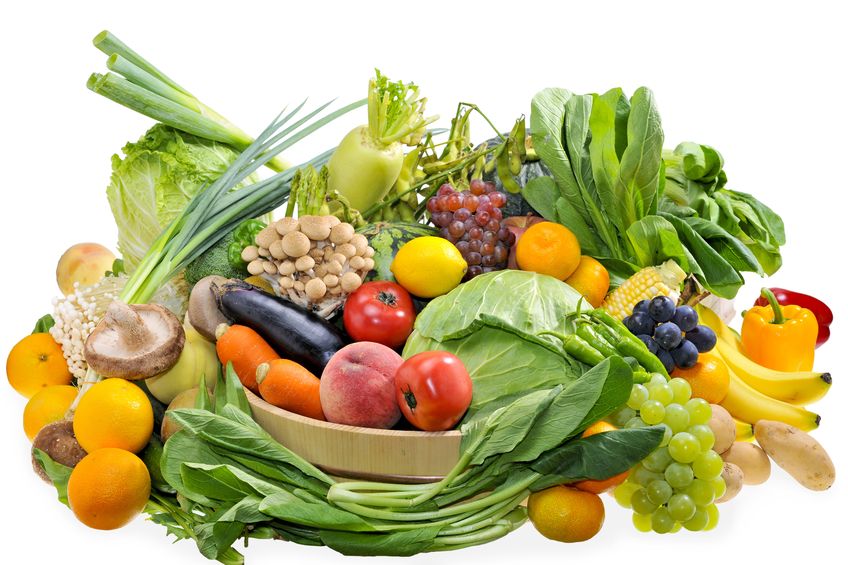What are the best diets for the planet? Weight loss and health benefits are key components of the U.S. News Best Diets rankings. Which popular diets are best and the worst for the environment?
If you’re concerned about preserving natural resources, lowering harmful greenhouse gas emissions and promoting food sustainability, experts look at the crossroads where diet choices and environmental preservation meet.
Best Diets for the Planet
Here’s how popular diets affect the environment. Eating plans have different effects on your health, your girth and the Earth:
— Flexitarian. Limiting your meat servings helps reduce the environmental toll of land, farm machinery and feed used to raise livestock and the air pollution from greenhouse-gas emissions.
— Keto. Fat-burning diet can be hard to follow and hard on the environment.
— Mediterranean. This top-ranked diet is healthy and eco-friendly, but consider seafood sources like fisheries and their sustainability practices to avoid overstressing the seafood supply.
— MIND. Dementia-prevention diet is environment-friendly — just avoid air-freighted berries. Jet transportation affects the climate more than other food-shipping methods.
— Nordic. Seeking locally sourced foods can ease your carbon footprint.
— Paleo. Beef is a mainstay but its resource-heavy production could be unsustainable.
— Vegetarian and vegan. Plant-based diets eat up fewer natural resources.
Environmental Impact of Various Diets
“It’s been apparent for a long time that we are really stressing our environment in a dangerous way,” says Dr. Walter Willett, a professor of epidemiology and nutrition at the Harvard T.H. Chan School of Public Health and a professor of medicine at Harvard Medical School.
Willett is part of an international team that developed a new planetary health diet with strategies to promote better health and sustainable food production worldwide, published Jan. 16, 2019, in the journal Lancet.
“It’s a bidirectional relationship,” Willett says. “If we damage our environment, in multiple ways, it will make it harder to produce the food we need.”
The Best Diets for the Planet Cut Back on Meat
Richard Waite, an associate with the World Resource Institute’s food program and a co-author of “Creating a Sustainable Food Future,” a WRI report, explains that:
• Different foods have different resource requirements.
• It takes more land or more water, or causes more greenhouse gas emissions to grow the food.
• Animal-based foods are usually more resource-intensive than plant-based foods.
• As a general rule, diets that contain more dairy, meat, eggs and fish will have a higher environmental impact than diets centered on plant-based foods such as fruits and vegetables.
• That’s basically because animals first need to eat plants to grow. So you’re introducing inefficiency into the system.
Shifting your diet from animal- to plant-based foods makes a measurable difference. A vegetarian diet requires about half the land and emits about half the greenhouse gases as the average U.S. diet, according to WRI figures.
Beef production has an outsized impact on farmland use, the global water footprint and climate change. Without giving up meat entirely, you can still make positive changes. Eating pork or poultry instead of beef, boosting plant foods and reducing animal-based protein in your diet all help.
People worry that they won’t get enough protein if they eat less meat. In reality, most people take in far more protein than they require. The average American man eats nearly twice as much protein as he needs, according to the WRI report.
Click here to read full article about the best diets for the planet.






